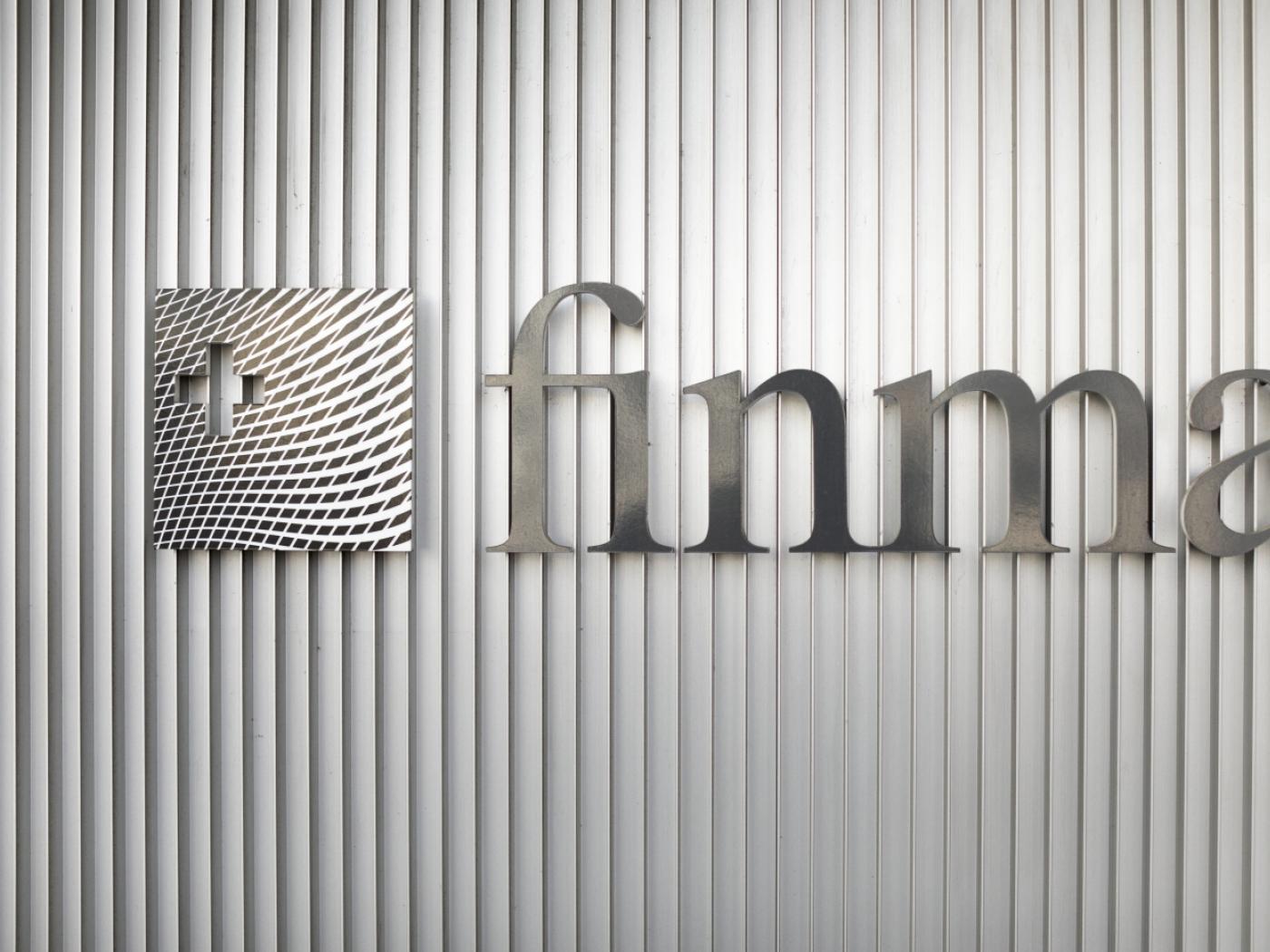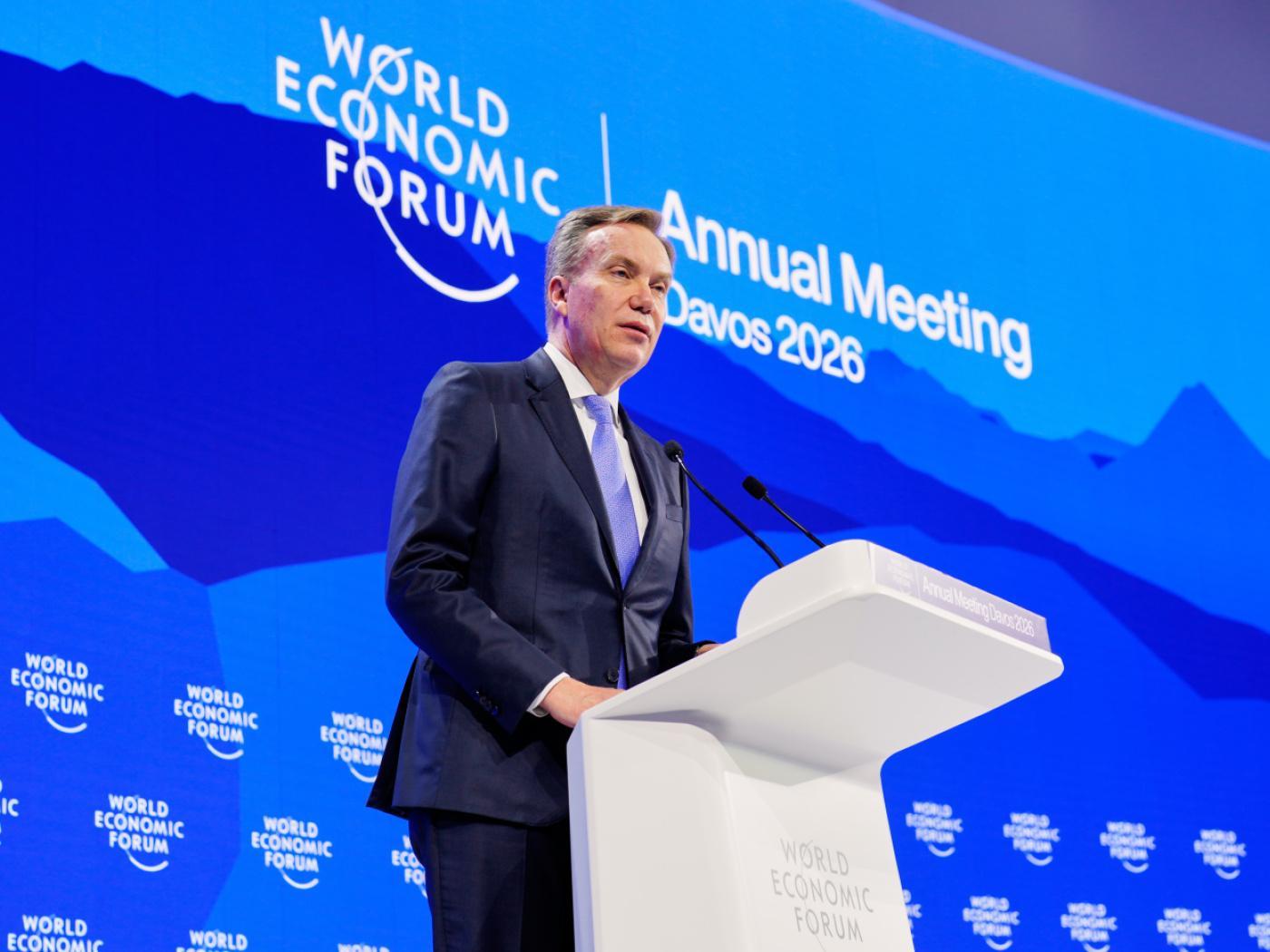Property is a key economic principle for markets to operate and their participants to live in harmony with one another. But as with so many things in the modern age, the scene (and accompanying meme) from the 1987 movie The Princess Bride applies: “You keep using that word; I do not think it means what you think it means.”
To the Marxian, property means unjust hoarding of resources. Most Americans think of their houses. To Murray Rothbard and many other libertarians who thought deeply about the nature of society, property means civilization and “implies the right to find and transform resources: to produce that which sustains and advances life.”
Property rights mediate the societal decision of how to use resources for which there are competing ends. Put differently, human beings employ the use of property rights to determine which piece of land or item may be used by whom at what time and for what purpose. Instead of having an elaborate system of figuring out the most vital collective end and which means may be used for them, we radically decentralize the decision by letting each owner of oranges, houses, or machinery decide how and when to wield them. It’s because some resources have rival and competing uses that society employs “property” as a mechanism for outsourcing decision-making over said resources in the first place.
Scarcity, like Lionel Robbins argued, is the basic problem that gives rise to economics.
All of this comes to mind as I’m watching the miniseries The Playlist, about the rise of the music streaming service Spotify. The show, based on the Swedish book Spotify Inifrån (published in English as The Spotify Play,) contains plenty of high-level thinking about economic value, scarcity, and property. The core conflict running through the show (and the industry that Spotify disrupted a decade or two ago) is rampant with conversations about the nature of property—namely, intellectual property. Assessing how intellectual property isn’t property therefore informs us about what the concept entails.
One scene is particularly revealing. The coder character Andreas complains loudly about the monetization of his pure and liberating software. What he and his team had built was supposed to be different, supposed to give music to anyone for free, instead of becoming another capitalistic business with paywalls and other financial obstacles.
Then, after a technical breakthrough, he exclaims proudly that they “submitted the patent application this morning,” not realizing that he’s thus playing by the same economically illiterate rules he spent a few episodes denouncing.
Patents are a way to use law to monopolize an otherwise free and replicable resource. The audio file technique of MP3 broke the copyright industry, writes Knut Svanholm, a bitcoiner with a deep fascination for Austrian economics (whose short book on praxeology last year is well worth reading). In Bitcoin: Everything Divided by 21 Million, he writes,
Audio files were suddenly sharable among internet users because they had become small. A domino had fallen over that would soon make the entire record industry obsolete. And not only the record industry but the whole entertainment industry. Any computer file could now be shared with anyone on Earth over the internet for free.
Computer files such as recorded music became nonrivalrous and—a few business behemoths and their lobbying efforts aside—infinitely copiable and nonexcludable. Files, therefore, aren’t property since they aren’t scarce.
The physical and economic (but not legal!) inability of creators, or makers of recipes, inventions, music, or other things made nonscarce by technology to exclude users is the very principle that makes intellectual property nonproperty.
Ludwig von Mises, though a little ambivalent on the topic, understood that what’s essential about that mislabeled term is the “inexhaustibility of the services they render: These services are consequently not scarce, and there is no need to economize their employment.” Innovations and other recipes, he wrote in Human Action, are
free goods as their ability to produce definite effects is unlimited. They can become economic goods only if they are monopolized and their use is restricted. . . . [Patents] are considered privileges, a vestige of the rudimentary period of their evolution when legal protection was accorded to authors and inventors only by virtue of an exceptional privilege granted by the authorities. They are suspect, as they are lucrative only if they make it possible to sell at monopoly prices.
If you still think there’s some merit to intellectual property laws, by way of analogy, picture a different setting. A math teacher starts explaining to her fifth graders that there’s a universal relationship between the length of a right triangle’s base, height, and hypotenuse. After the class, as the bored students pour out of the classroom, the teacher walks over to the administration office, fills out the standard copyright form, and has her school wire payment to the Pythagorean Foundation.
This strikes most observers as absurd. Nobody can own the Pythagorean theorem in the way we own shirts, houses, or vineyards. Even if there were a known creator (not Pythagoras), it’s well past any reasonable timeline for copyrighted material to fall into the public domain. But why not? What’s the difference between the Pythagorean theorem and, say, Taylor Swift’s music?
Two arguments are usually put forward. First, if we don’t reward creators—whether in music, art, or innovation—they’ll stop creating. Observing basically any creator at work, that seems incorrect; there’s also no evidence that patents increase innovations or productivity. Most historical works of art, fiction, innovations, or timeless music were made by ordinary workers or passionate tinkerers, sometimes with the support of wealthy patrons.
Second, several music-industry characters in the Spotify saga repeatedly invoke the appeal to work-like justice: Am I not entitled to compensation for my work, just like everyone else working gets a salary for theirs? As a matter of economic fact: no, you’re not. Economic transactions and the property rights we use to guide them are intrinsically related to scarcity. We don’t price or transact oxygen, compliments, or the recipe for your grandmother’s mean meat stew, not because they’re not valuable but because they aren’t scarce. Your music “work” is more like that than employment contracts. One person’s use of nonexcludable, nonrivalrous intangibles doesn’t prevent another person from using them. You don’t deserve financial compensation for your hard labor of breathing, nor being a nice person to others. You deserve economic compensation when you used scarce resources to generate value for others. (As for generosity and gifts—and the interesting bitcoiner adoption of “zapping” value-for-value—there are plenty of other economic treatments that deal with those.)
Property is related to the physicality of the world, stemming directly from the scarcity of things. Humanity is better served by refraining from placing artificial, rent-seeking payments on nonrivalrous and intangible ideas.
Full story here Are you the author? Previous post See more for Next postTags: Featured,newsletter



























